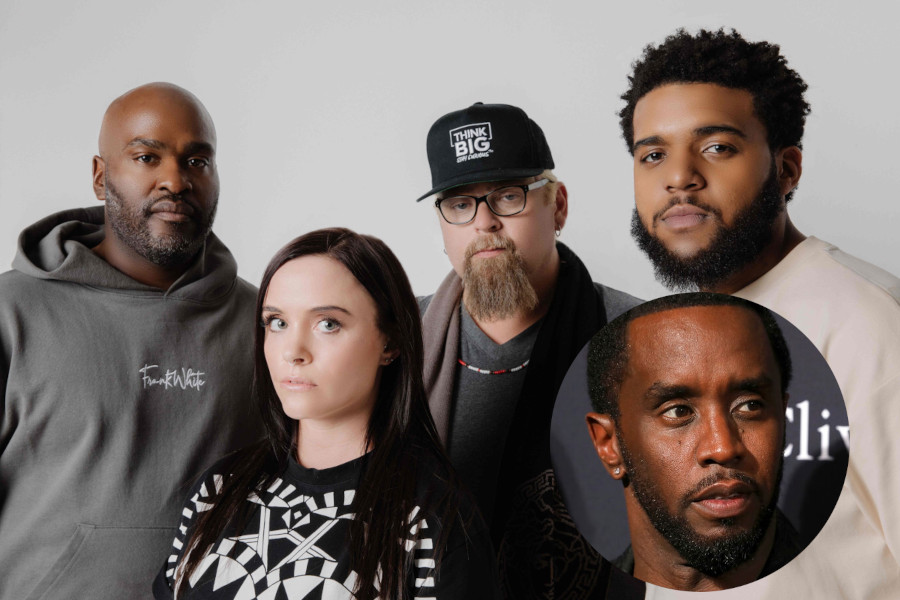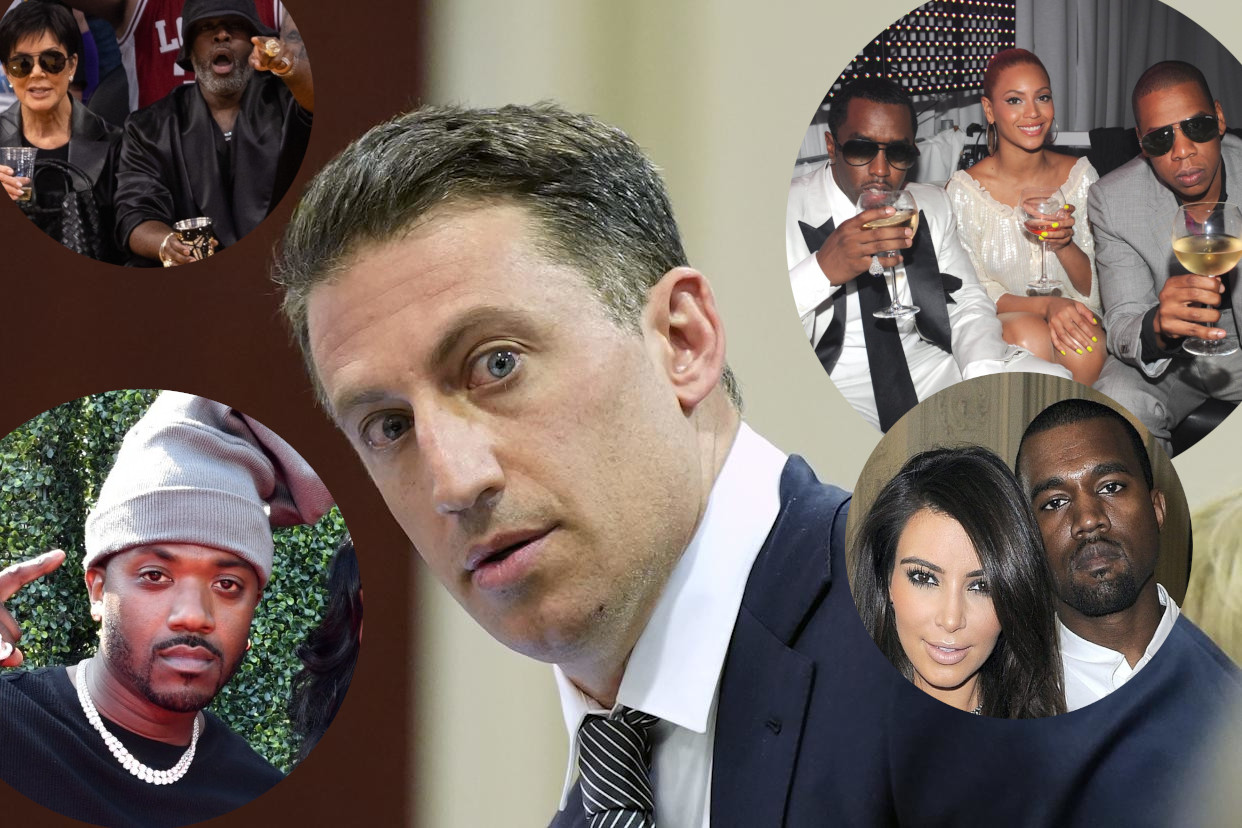Han Tae-soon, a mother from South Korea, has spent the last four decades seeking her daughter Kyung-ha, who was kidnapped at a young age in 1975. Their reunion in 2019 revealed Kyung-ha, now known as Laurie Bender, was raised in America after being taken from her family without consent. Han is suing the South Korean government, blaming it for the circumstances that led to her daughter’s illegal adoption.
Han's determination to reunite with her daughter encompassed years of searching, including visits to orphanages and police stations, and making appeals on television. In 1990, Han briefly believed she found Kyung-ha only to learn that the woman was not her daughter. The breakthrough came when Han joined a group that matches DNA samples between adoptees and birth parents.
During the first emotional meeting, Han apologized to Bender, feeling guilty for not being there for her daughter when she was kidnapped. Bender remarked that the reunion felt like healing a long-standing wound. Utilizing DNA testing, the two connected after a lengthy separation, revealing a painful history of trafficking and fraudulent adoptions.
South Korea's overseas adoption program, which dates back to the post-war era, has sent an estimated 170,000 to 200,000 children abroad. A recent inquiry found that systemic human rights violations occurred, primarily due to insufficient oversight over private adoption agencies that benefited financially from facilitating international adoptions. These agencies often operated with little regard for the rights of birth families, leading to widespread allegations of child trafficking and illegal adoptions.
The truth and reconciliation commission's report indicated that the government enabled such practices, achieving foreign relations goals under the guise of humanitarian efforts. Many adoptees, like Bender, have discovered inaccuracies in their identities and records, complicating their search for biological ties.
Despite recent government reforms aiming to tighten regulations surrounding adoptions, many families continue to seek justice for past wrongs. Han reflects on the painful realization that even after reuniting with her daughter, the scars from their separation remain. Both women strive to reconnect, as Han diligently learns English to bridge their communication gap, hoping to heal their lost years together.


















